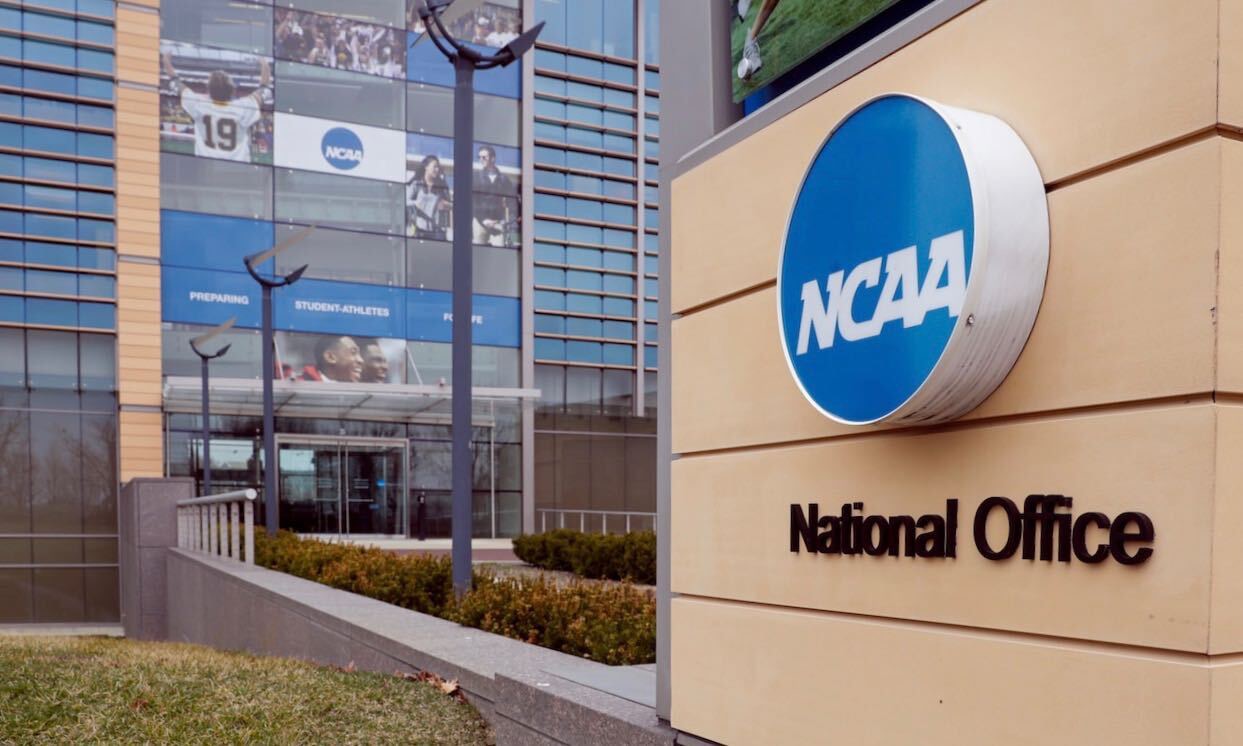The NCAA Division I Council on Monday approved a waiver allowing spring-sport athletes an extra year of eligibility in light of the cancellation of the spring athletic season amid the coronavirus pandemic.
Aid will be determined by each individual school regarding each individual athlete, and schools are free to offer less than or none of what they offered this year, the NCAA decided. Teams will be able to carry more scholarship players to account for incoming recruits and the student-athletes who were in their final year of eligibility but decide to stay.
Hold the applause…
There are plenty of reasons to love this ruling, but it seems like the NCAA possibly overreacted to recent criticisms that it values revenue more than the student-athletes who generate that revenue. I get that many of the spring-sport athletes had their seasons — and sometimes careers — end so abruptly, and they didn’t have much warning to mentally prepare for that end, but I can’t help but ask, how much does this actually benefit student-athletes?
Serious, straightforward question, and I’m not saying anything about the NCAA here. Returning for another season sounds great right now, because we’re fresh off the season’s sudden halt, and we all feel for the seniors who didn’t get the chance to leave on their own terms.
But in a month, two months or whenever we let go of the emotions, will we feel the same way, and more importantly, will the players feel the same way?
While we don’t know what the players are feeling, one thing that everybody who’s played a sport has in common is the end. One minute, you’re competing for a championship, and then the next, the buzzer sounds, and the thing you love most — your identity — is suddenly ripped away from you, never to be seen or sniffed again. Shockwaves rushing through your limbs. Needles in your fingertips. It doesn’t matter if you are Mariano Rivera or a three-year varsity point guard without plans to play in college. When it’s over, it’s over. Just like that.
That feeling — it’s so dreadful.
It’s always something you can see in the distance. As a freshman, sophomore and junior, you look forward to being the kings and queens of your teams and programs senior year, but you forget the delicacy of the present moment. You believe you are closing in on it, and that you’re in control, just to find it’s been closing in on you the whole time, in disguise, faster than you could have ever anticipated.
And the further you advance in the postseason, the more invisible the end of the road becomes. The stakes get higher, practices tougher, crowds louder, and you don’t have much time to think past gameday, nor do you care to, because that would mean your team lost, and it’s time to move on — a life without a team.
Considering that, as we empathize for the senior class who lost their season unexpectedly, we must ask ourselves if there’s ever a warning that the end of our athletic career is nearing. We may know the end is looming, but until we walk off the field or court one last time, it doesn’t register. For the seniors who decide to come back to school, the end won’t be any easier, because you never leave on your own terms — whether it’s high school, college or the pros.




